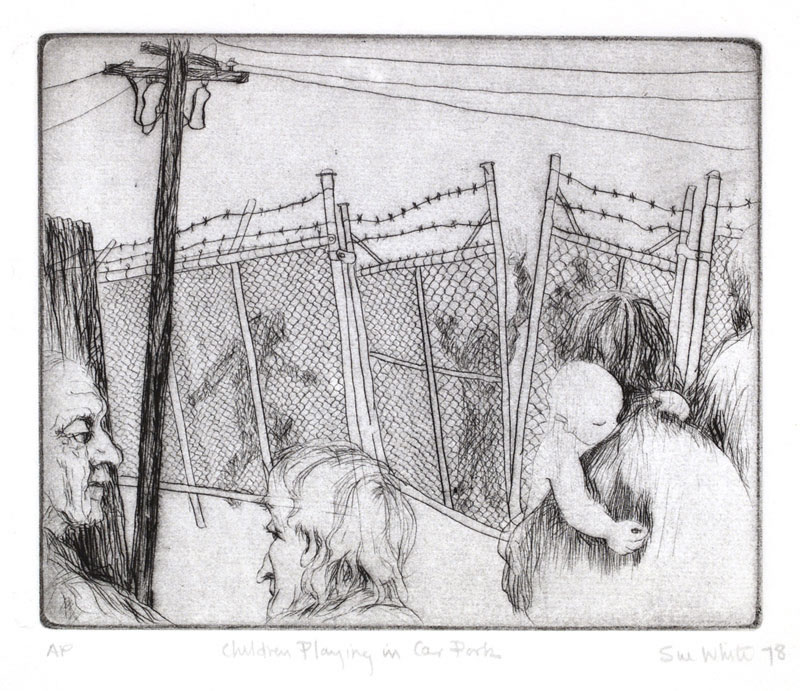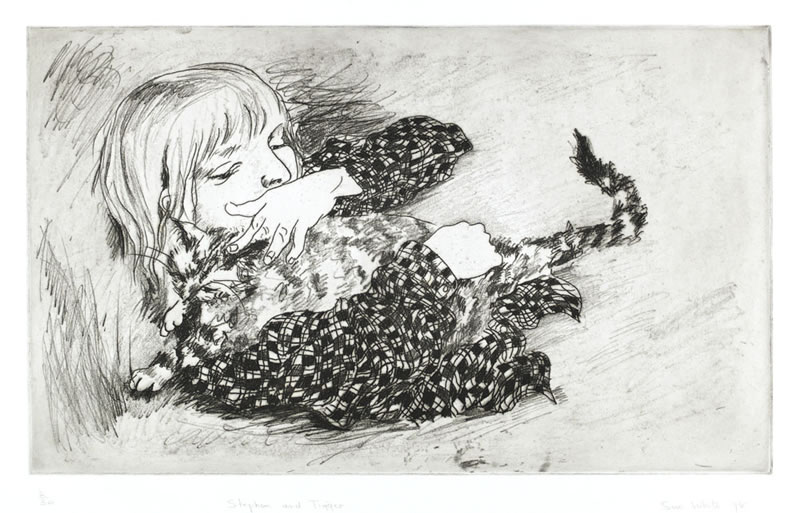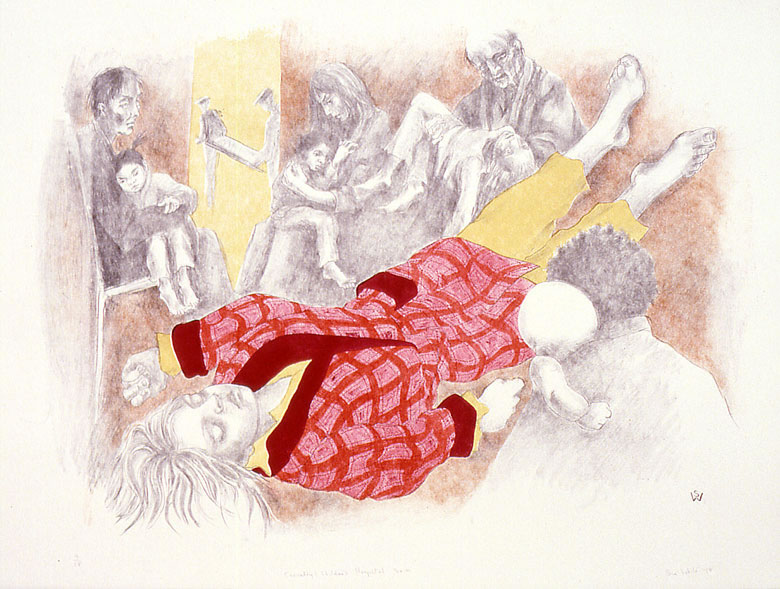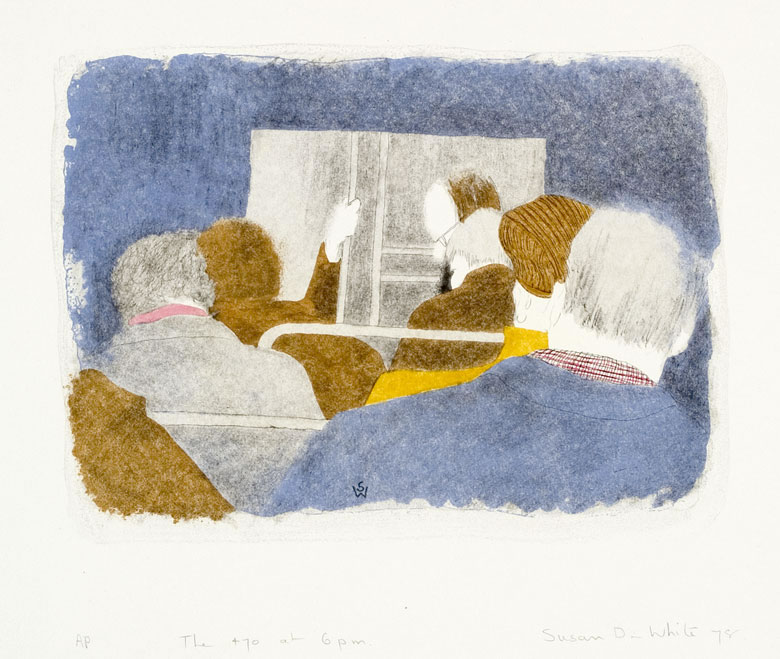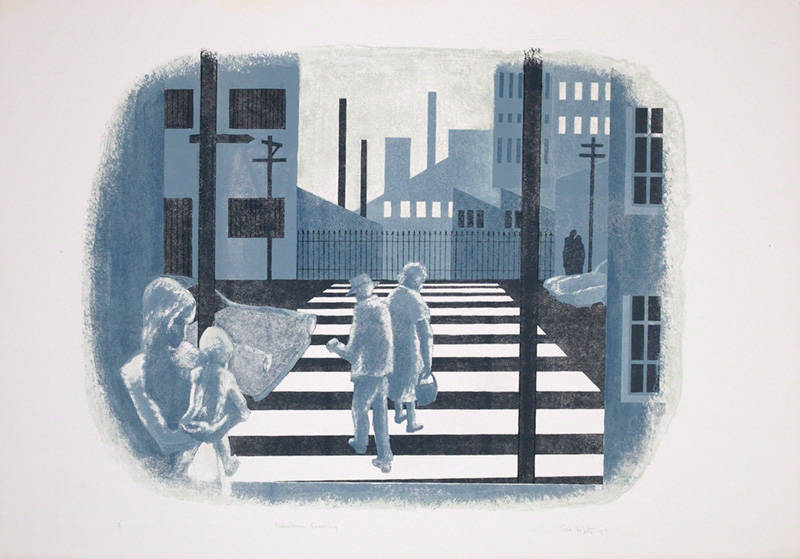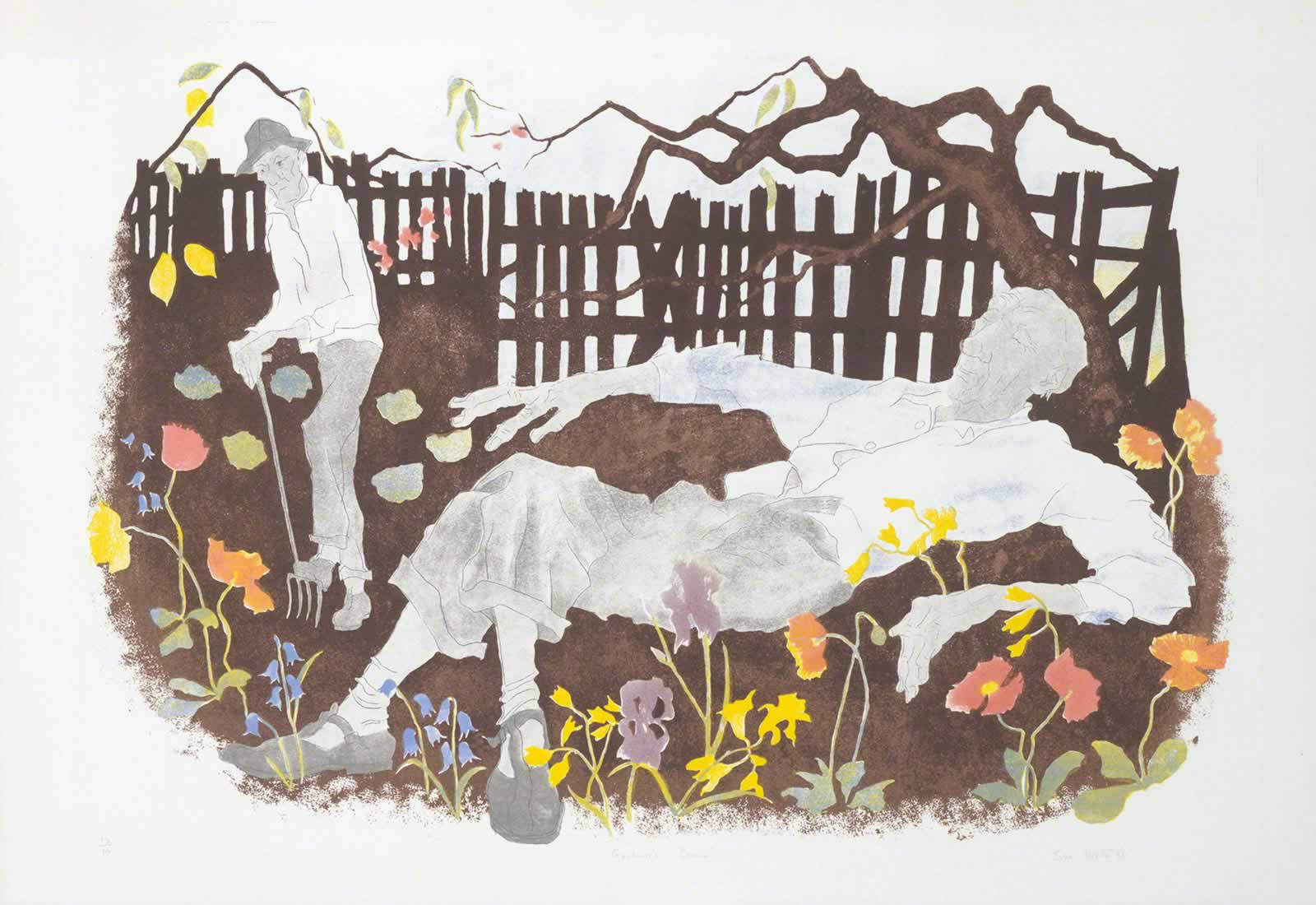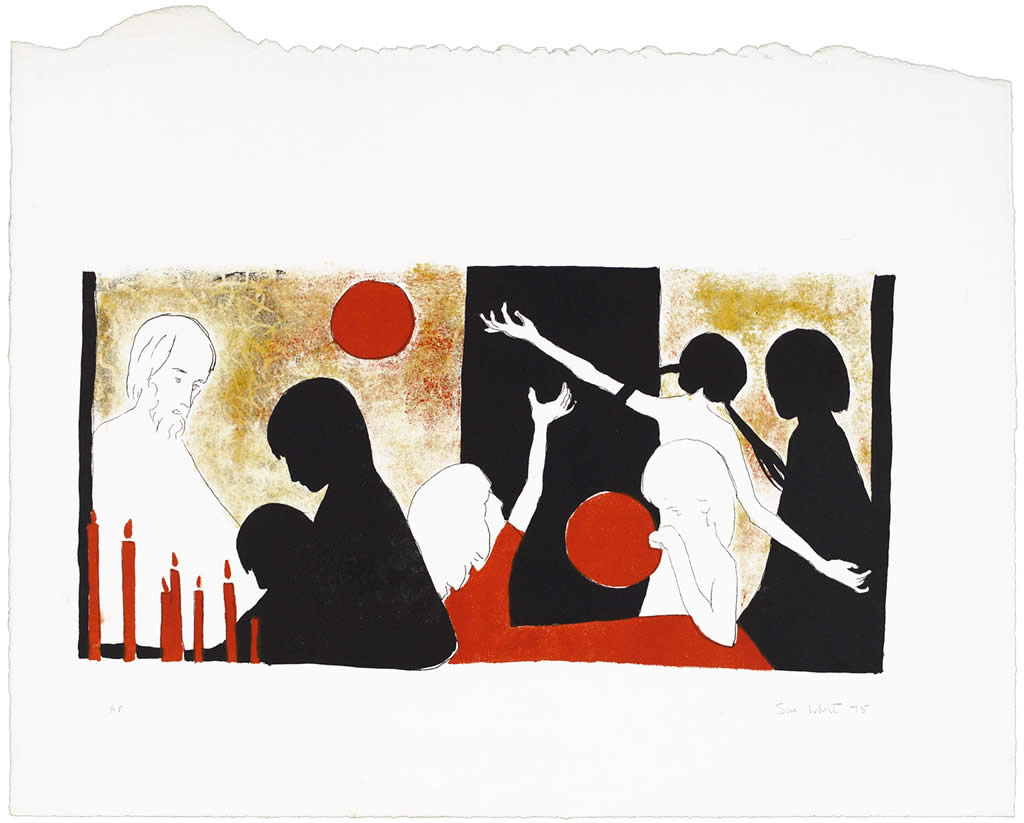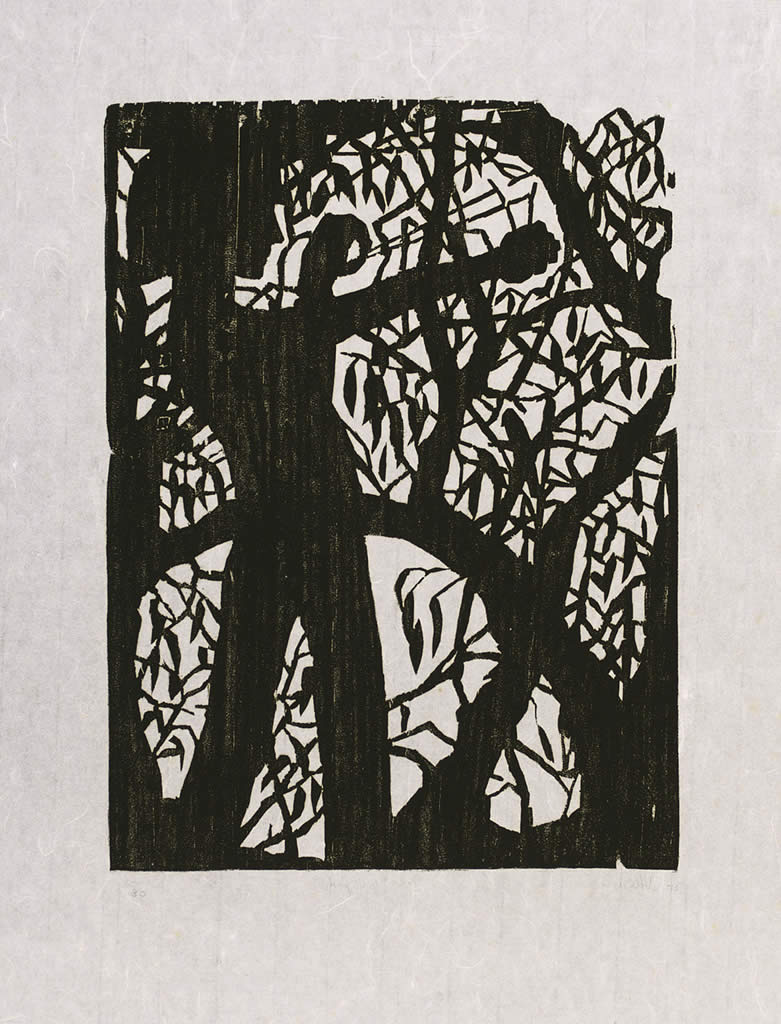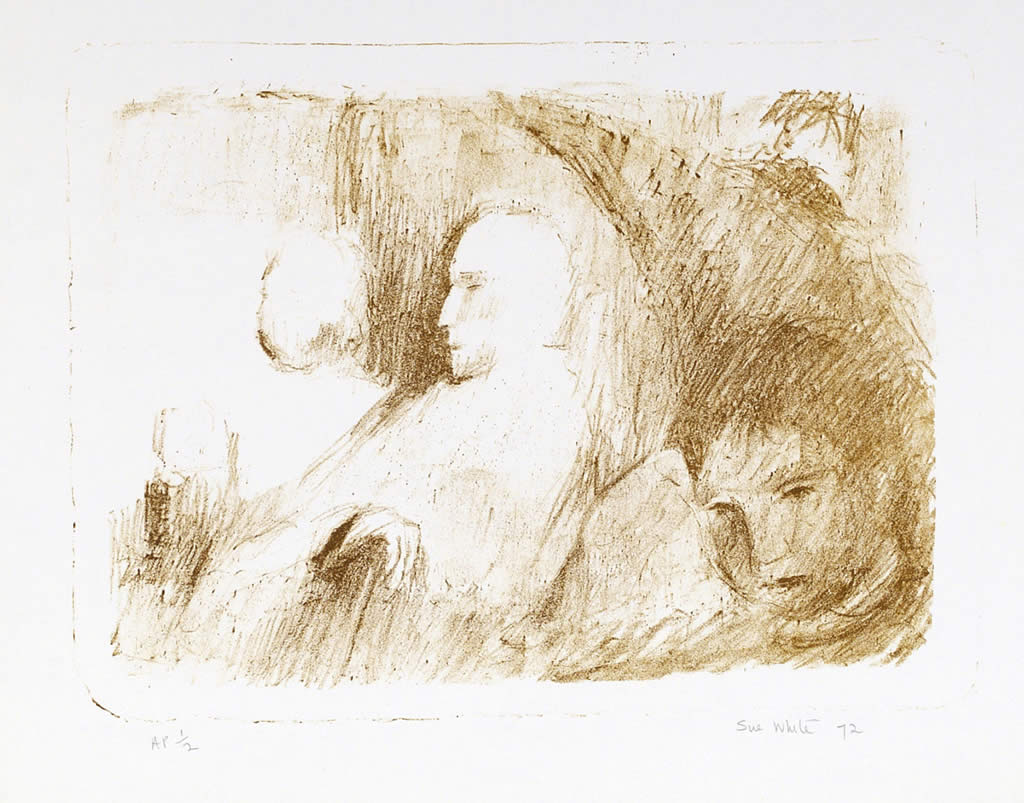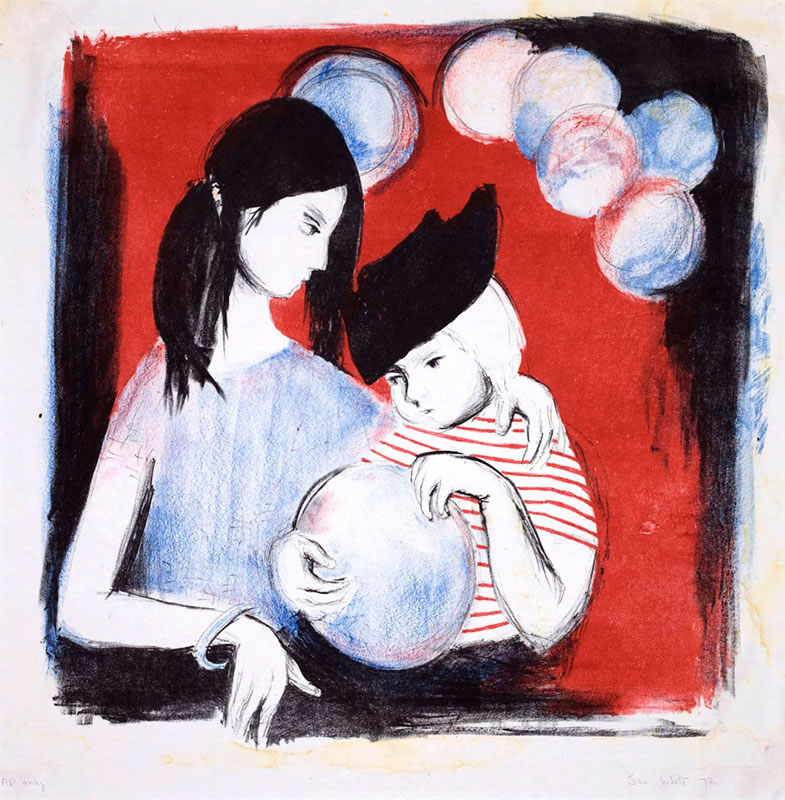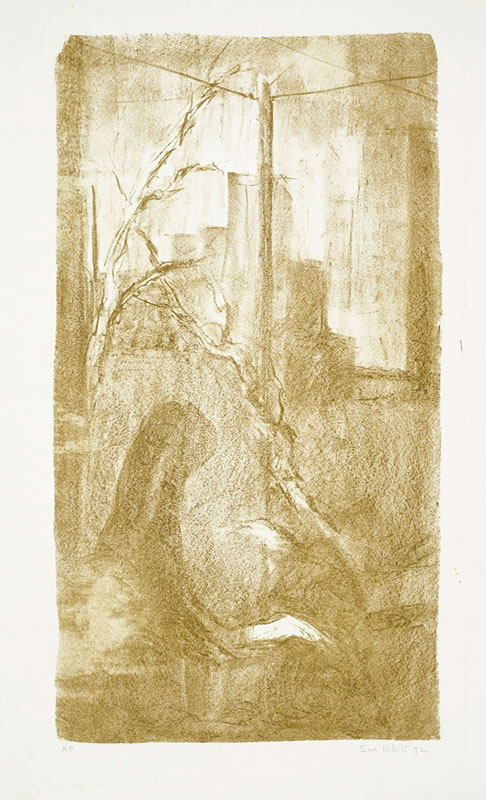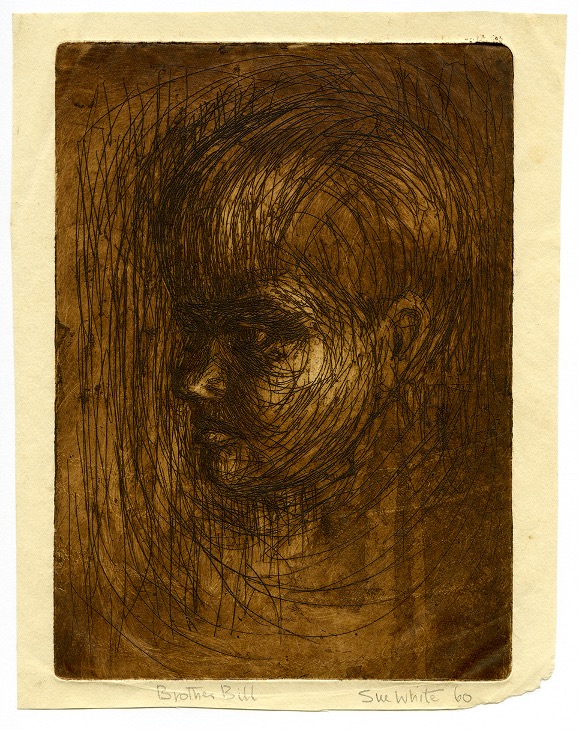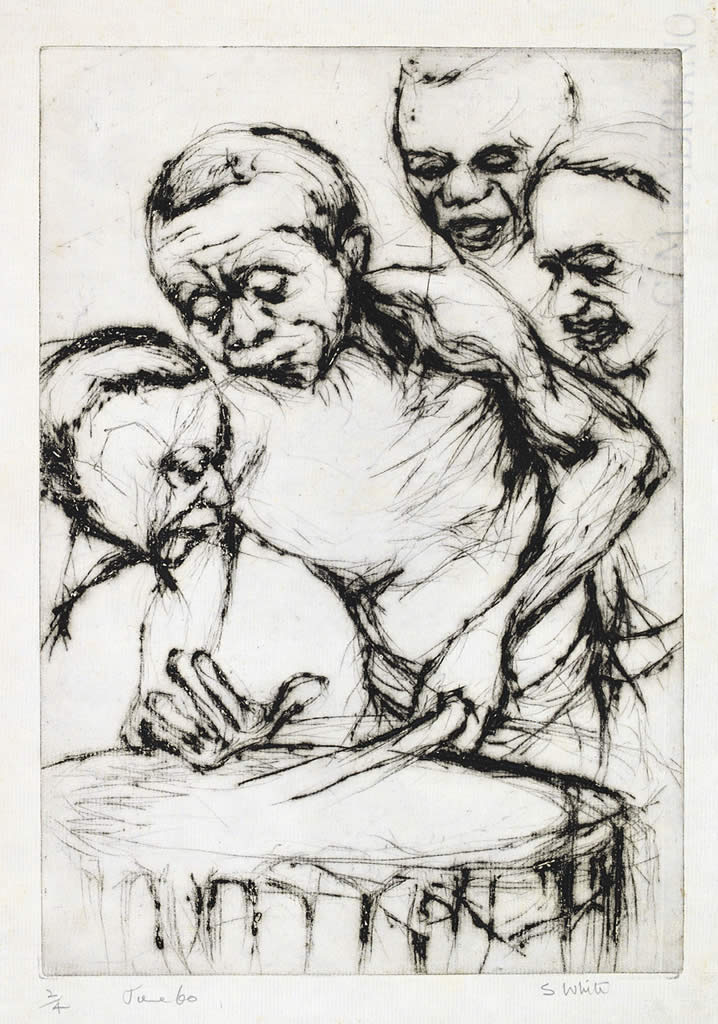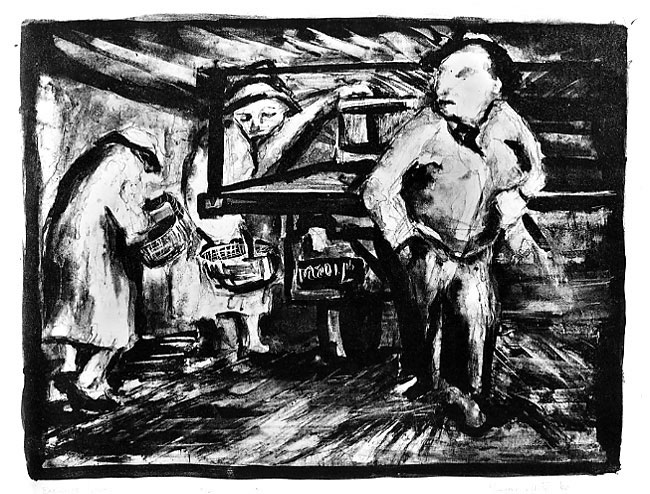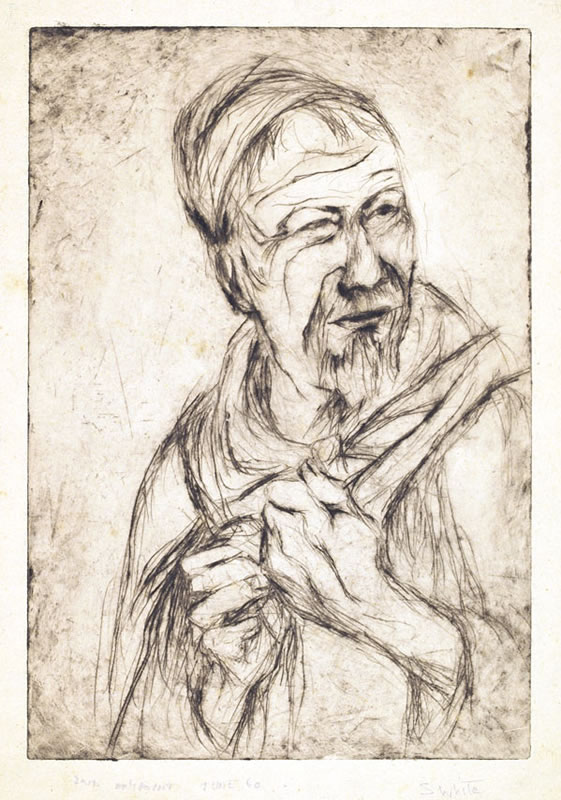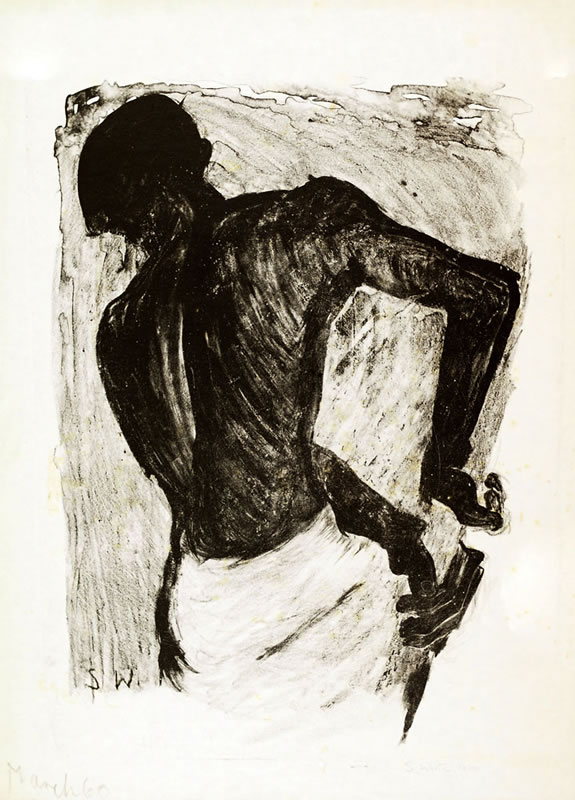Prints : People
Susan White produces her own prints, by hand, in her studio. A complete list of the artist's editioned prints (about 100) is in The Printworld Directory of Contemporary Prints and Prices (2006).
Since 1980, White's prints have represented Australia in over 50 international biennales and exhibitions in Japan, Korea, UK, USA, The Netherlands, France, Germany, Italy, Yugoslavia, Poland, etc.
The National Gallery of Australia collection has many of the artist's prints, from 1960 onwards. The lithograph Thieves at the Market, produced while a student, dates from this time.
The freedom and versatility of lithography appeals to the artist. In 1975, she began establishing lithographic facilities in her studio, initially producing prints from metal plates passed through a small wooden wringer on a bed of plywood - Pedestrian Crossing (1977) is an example of this grainier technique.
In 1978, she acquired a professional lithographic printing press, and produced lithographs with up to 15 colours, most requiring separate plates. The Front Veranda (1986) is an example. Later, the artist installed a C19 cast-iron press and equipment for stone lithography. White prints woodcuts and blockprints carved from fibreboard. The artist has produced some etchings, the earliest dating from 1960.
People: The human narrative and genre scenes inspired by domestic situations, people at work, musicians, commuters, social issues, blindness, illness, poverty, old age. Portraits include family members, self-portraits, children, babies, and people in their environment. In major paintings the subject is repeated from varied viewpoints in a fugal style composition.
-
Goose Camp Kakadu: Moonrise at Sunset (hand-coloured) 2010
woodcut (hand-coloured in watercolour)
42 x 64 cm (image), 60.5 x 80.5 cm (sheet)
E-2010-2 -
Goose Camp Kakadu: Moonrise at Sunset 2010
woodcut
42 x 64 cm (image), 60.5 x 80.5 cm (sheet)
E-2010-1 -
Intensive Psychiatric Care Unit (IPCU) 1996
aka Intensive Psychiatric Care Unit, Rozelle Hospital, Callan Park
woodcut
49.5 x 39 cm (image), 80.5 x 50.5 cm (sheet)
E-1996-1 -
Blind (The Blind Woman of Annandale) 1992
woodcut
42 x 63.5 cm (image), 57 x 76 cm, 60.5 x 80 cm (sheet)
E-1992-1 -
Blind 1991
stone lithograph
30 x 33 cm (image), 41 x 61 cm (sheet)
E-1991-2 -
To Let / The Diabetic Evicted from The Rocks (black) 1990
stone lithograph
44 x 30 cm (image), 57 x 38 cm (sheet)
E-1990-4 -
Cry Freedom 1990
aka Cry Freedom / Apartheid (blockprint)
blockprint
45.8 x 30.4 cm (image), 57 x 38.2 cm (sheet)
E-1990-3 -
To Let / The Diabetic (Evicted from The Rocks) 1990
stone lithograph (12 colours)
44.0 x 30.0 cm (image); 57.0 x 38.0 cm (sheet)
E-1990-1 -
Massacre 1989
aka Massacre No. 1 / Massacre, Tiananmen Square
blockprint
45.5 x 30.5 cm (image), 57 x 38 cm (sheet)
E-1989-2 -
Cry Freedom / Apartheid 1989
lithograph (3 colours)
57.0 x 38.0 cm
E-1989-1 -
Cliff-hanger 1988
lithograph
3.0 x 10.0 cm (image), 18.0 x 18.0 cm (sheet)
E-1988-2 -
Fenced-In 1988
Kent St, The Rocks, Sydney
stone lithograph
10.5 x 15.0 cm (image), 20.0 x 24.0 cm or 28.5 x 25.5 cm (sheet)
E-1988-1 -
Ward 4, Rozelle Hospital, Callan Park 1986
lithograph (hand-coloured)
67.0 x 51.0 cm (image), 76.0 x 56.5 cm (sheet)
E-1986-6 -
Ward 4 1986
Rozelle Hospital, Callan Park
aka Young Man in Psychiatric Ward
lithograph
67 x 51 cm (image), 76.5 x 56.5 cm (sheet)
E-1986-5 -
The Story 1985
stone lithograph
35.0 x 50.0 cm (image), 57.5 x 77.0 cm (sheet, grey), 57.0 x 76.0 cm (sheet, white)
E-1985-1 -
Mise-en-scene 1984
lithograph
54.5 x 44.0 cm (image), 76.0 x 56.5 cm (sheet)
E-1984-1 -
The Ghost of Kabbarli (2nd state) 1983
lithograph
54.0 x 75.0 (image), 60.0 x 80.0 cm (sheet)
E-1983 -
Thelma of Wilcannia 1983
lithograph
lithograph
44.5 x 34 cm (image), 56.5 x 38 cm (sheet)
E-1983-7 -
Thelma of Wilcannia 1983
woodcut
aka The Willy-Willy Woman
woodcut
42 x 67 cm (image), 61.5 x 79 cm (sheet, laid Japanese paper) or 74 x 95 cm (sheet, Arches Blanc)
E-1983-6 -
The Ghost of Kabbarli, Daisy Bates 1983
lithograph (3 colours)
54 x 75 cm (image), 60 x 80 cm (sheet)
E-1983-2 -
A Month in the Life of a Sydney Schoolboy 1983
lithograph
44 x 47.5 cm (image), 50 x 70 cm (sheet)
E-1983-1 -
Memories of Drawing at Ivymeade 1981
aka Memories of Aunty Dot and Uncle Ted
lithograph
35.0 x 56.0 cm (image), 51.0 x 76.0 cm (sheet)
E-1980 -
Munich Shoppers, no. 2 1980
lithograph
43.5 x 63.0 cm (image and sheet)
1980 -
Ein Sitzplatz 1980
lithograph
76 x 56.5 cm
E-1980-11 -
Marienplatz, Munich, no. 2 1980
lithograph
43 x 62 cm (image and sheet)
E-1980-10 -
Lederhosen 1980
lithograph
34 x 49 cm (image), 38/45 x 57 cm (var.) (sheet)
E-1980-9 -
Munich Shoppers, no. 1 1980
aka Bavarian Shoppers
lithograph (13 colours)
31.0 x 38.0 cm (image), 38.0 x 57.0 cm (sheet)
E-1980-8 -
Olympiazentrum 1980
aka (Munich railway station)
lithograph (2 colours)
43.0 x 63.0 cm (image and sheet); newsprint proof 51 x 76 (image and sheet)
E-1980-7 -
Marienplatz, Munich, no. 1 1980
lithograph
31 x 47 cm (image), 38 x 57 cm (sheet)
E-1980-6 -
Woman of Bavaria 1980
aka Woman of Oberbayern
lithograph
52 x 76 cm (image), 60 x 80 cm (sheet)
E-1980-3 -
The Gardener's Dream, no. 2 1980
aka The Gardener's Dream
lithograph (12 colours)
45.5 x 67 cm (image), 60 x 80 cm (sheet)
E-1980-2 -
The Empty Chair 1980
lithograph (9 colours)
36.5 x 49.0 cm (image), 40.0 x 61.0 cm (sheet)
E-1980-1 -
Two (crayon black) 1978
lithograph
48.0 x 41.0 cm (image), 80.0 x 59.5 cm (sheet)
E-1978-18 -
Two (coloured) 1978
lithograph (coloured)
54.0 x 42.0 cm (image), 80.0 x 56.5 cm (sheet)
E-1978-17 -
At Home: No. 278 (1st state) 1978
etching
40.0 x 48.5 cm
E-1978-15 -
At Home: No. 278 (2nd state) 1978
etching, aquatint
40.0 x 48.5 cm
E-1978 -
Two 1978
etching
28.5 x 22 cm
E-1978-14 -
Two (sepia) 1978
lithograph (sepia)
46 x 41 cm (image), 80 x 60 cm (sheet)
E-1978-13 -
The Retired Mechanic 1978
lithograph
57.0 x 78.0 cm (image), 59.0 x 80.0 cm (sheet)
E-1978-12 -
At Home: No. 278 1978
aka At Home in Annandale: No. 278
lithograph (6 colours)
29.5 x 39.5 cm (image), 40 x 58 cm (sheet)
E-1978-9 -
Children Playing in Carpark 1978
dry point etching
22 x 25.5 cm
E-1978-5 -
Stephen and Tigger 1978
aka Stephen and Tigger (etching)
soft ground etching
30 x 50 cm (plate), 40 x 60 cm, 54 x 71 cm (sheet)
E-1978-4 -
Casualty: Children's Hospital, 3 am 1978
aka Outpatients, Children's Hospital
lithograph (6 colours)
52.5 x 74 cm (image), 61.0 x 80.0 cm (sheet)
E-1978-2 -
The 470 at 6pm 1978
aka The 470 at 6pm (Sydney Bus)
lithograph (6 colours)
19.0 x 27.0 cm (image), 40 x 56 cm (sheet)
E-1978-1 -
Pedestrian Crossing, no. 2 1977
aka Pedestrian Crossing
lithograph (5 colours)
43.5 x 57 cm (image), 54 x 76 cm, 53 x 80 cm (sheet)
E-1977-1 -
The Gardener's Dream, no. 1 1976
aka Gardener's Dream
lithograph (10 colours)
45.5 x 66.0 cm (image), 52.5 x 76.0 cm (sheet)
E-1976-2 -
Byzantine Birthday 1975
lithograph (zinc)
21.0 x 42.5 cm (image), 38 x 53 cm (var.) (sheet)
E-1975-10 -
Slingshot 1975
woodblock
39.5 x 25.0 cm (image), 61.0 x 48.0 cm (var.) (sheet)
E-1975-12 -
Tired Travellers 1972
stone lithograph, crayon
26.5 x 35.5 cm (var.) (image), 38.5 x 56 cm (sheet)
E-1972-7 -
The Birthday Hat 1972
final state
unique lithograph, zinc from 3 colours on lithographic paper
45 x 43 cm (image), 56.2 x 67.4 cm (sheet)
E-1972-6 -
Sister and Brother, Bleak Glebe 1972
stone lithograph, crayon, one colour (ochre), stone edge imprint
53 x 32 cm (var.) (image); 56 x 38 cm (sheet)
E-1972-5 -
Brother Bill 1960
etching
22 x 16 cm (image), 25.5 x 19.5 cm (sheet)
E-1960-1 -
The Drummer 1960
final state
dry point etching
31.5 x 21 cm (image), 35.5 x 24.5 cm (sheet)
E-1960-8 -
Thieves at the Market 1960
stone lithograph
28.4 x 36.6 cm (image), 38.2 x 51.0 cm (sheet)
E-1960-6 -
Old Tibetan 1960
aka The Tibetan
dry point etching (aluminium)
31.0 x 21.0 cm (image), 39.0 x 29.0 cm (sheet)
E-1960-5 -
The Worker 1960
aka Working Man
stone lithograph
44.0 x 34.0 cm (var.) (image), 51.0 x 38.0 cm (sheet)
E-1960-4
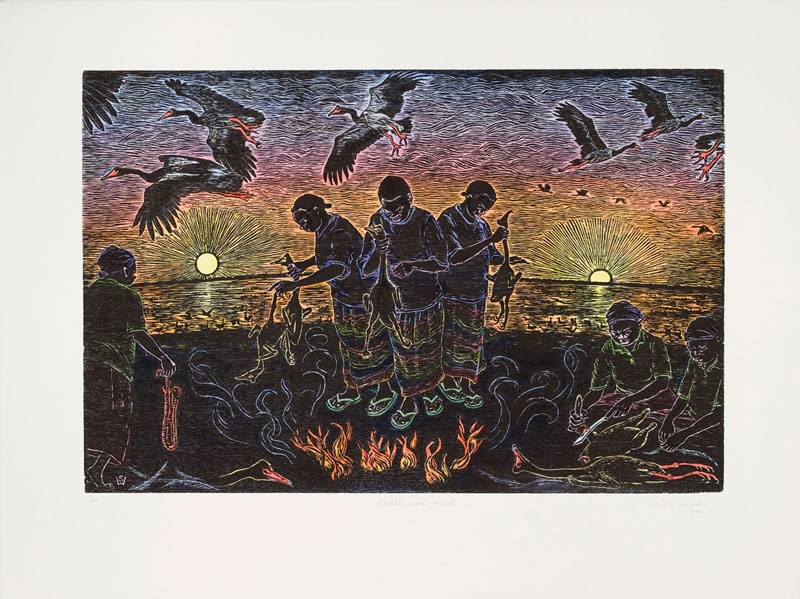
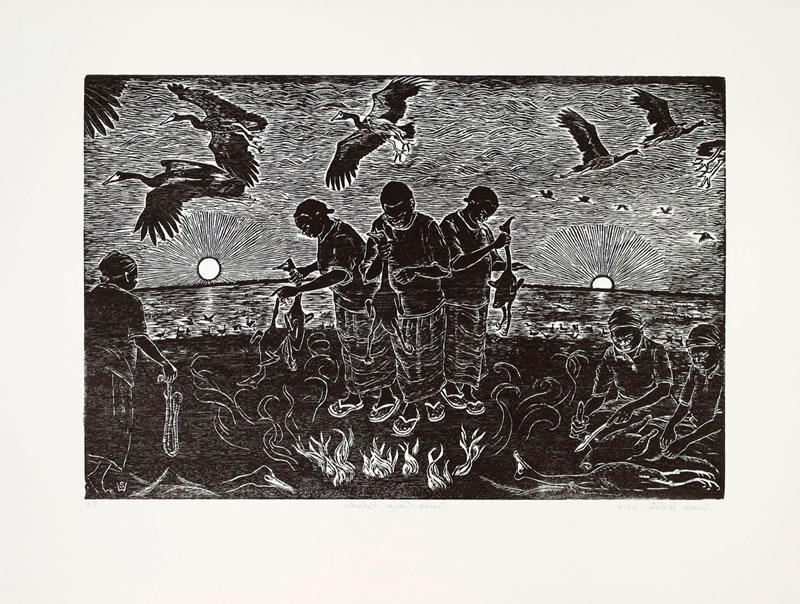
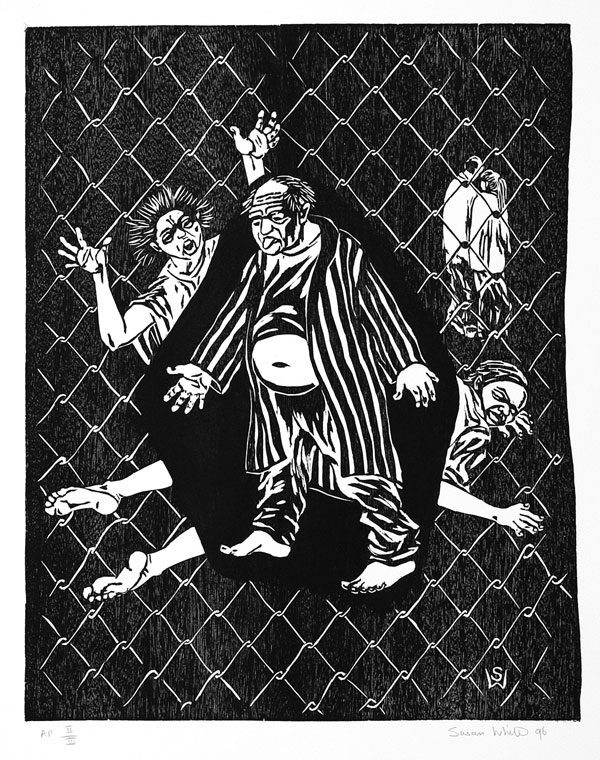
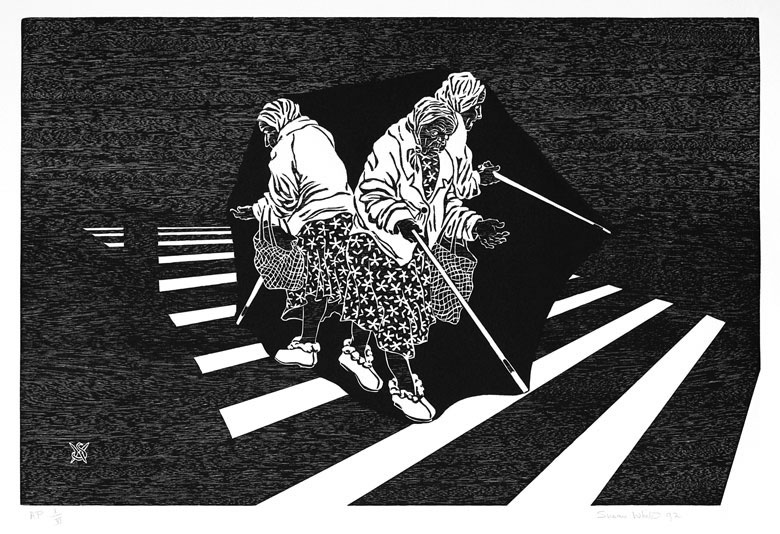
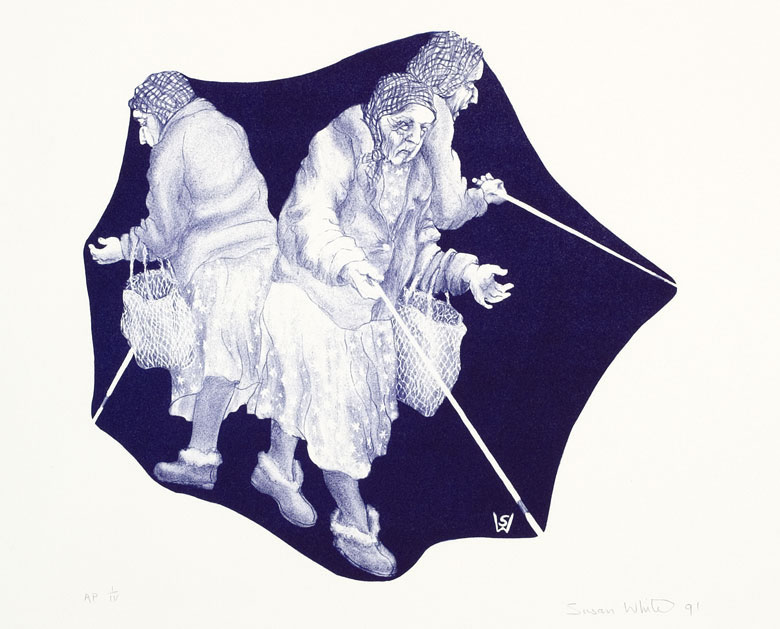
-(black).jpg)
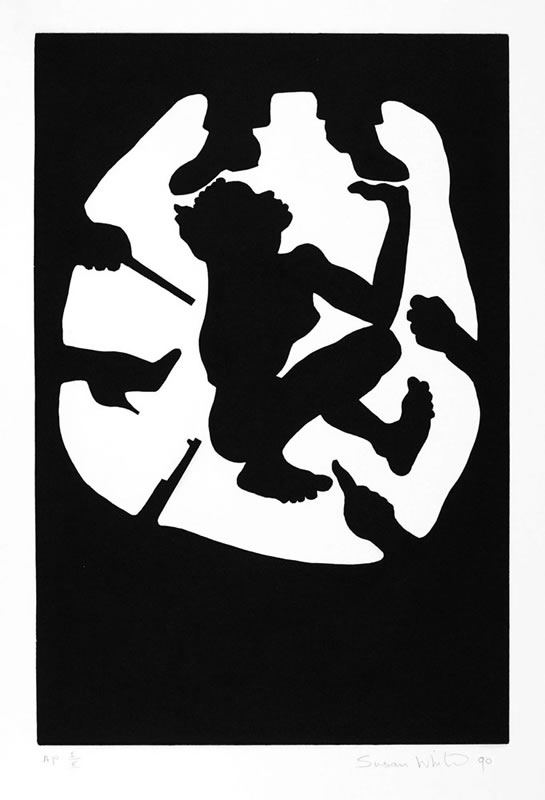
.jpg)
.jpg)
.jpg)
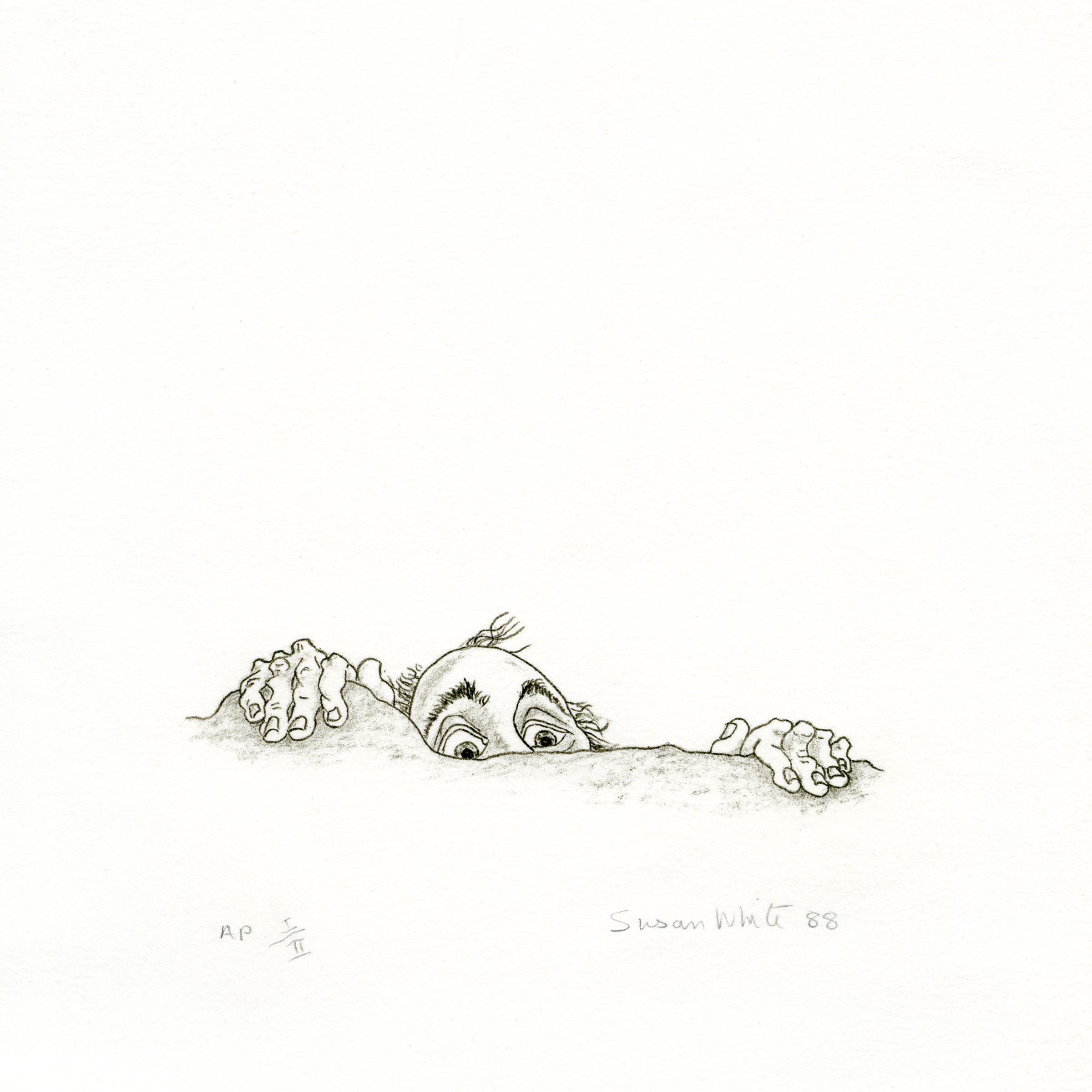
.jpg)
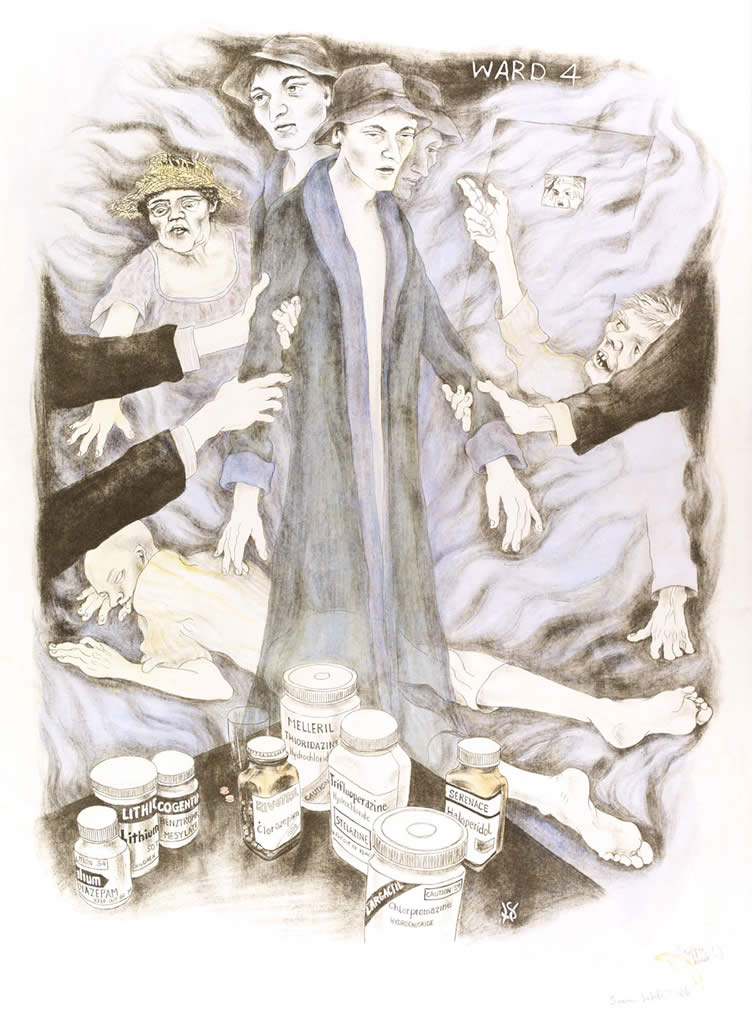
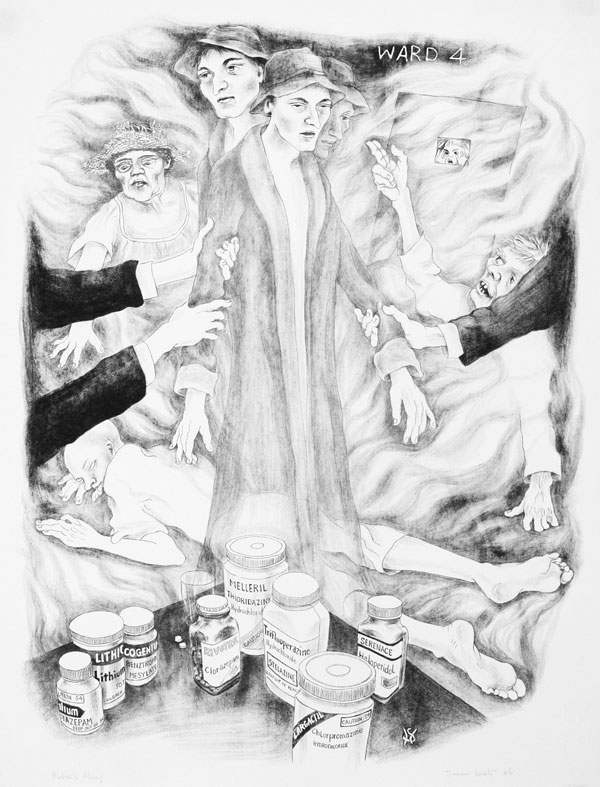
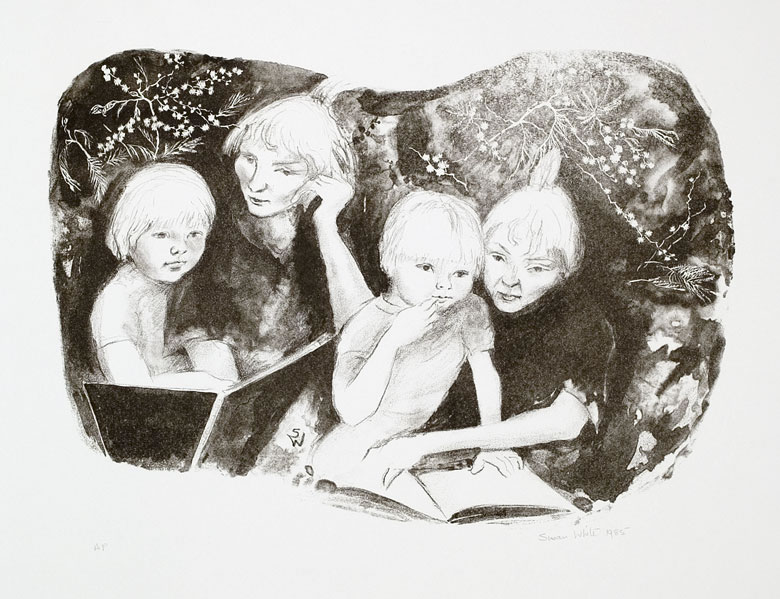
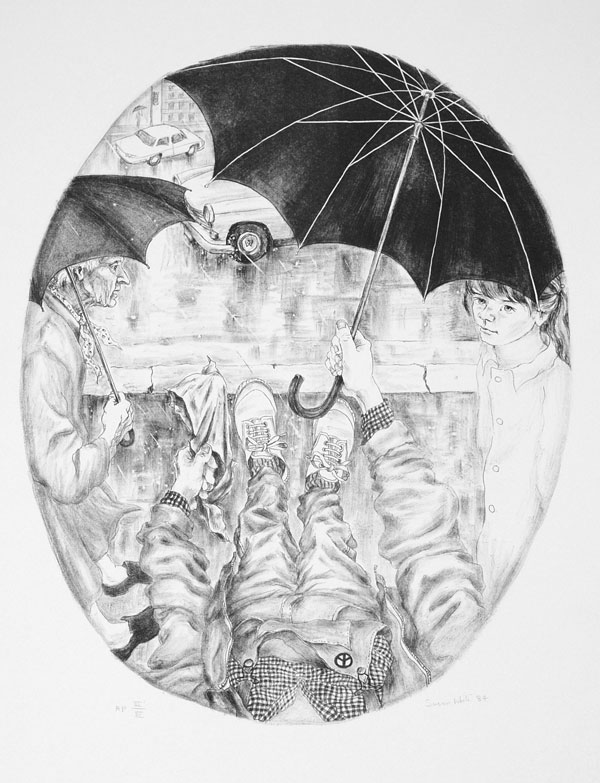
.jpg)
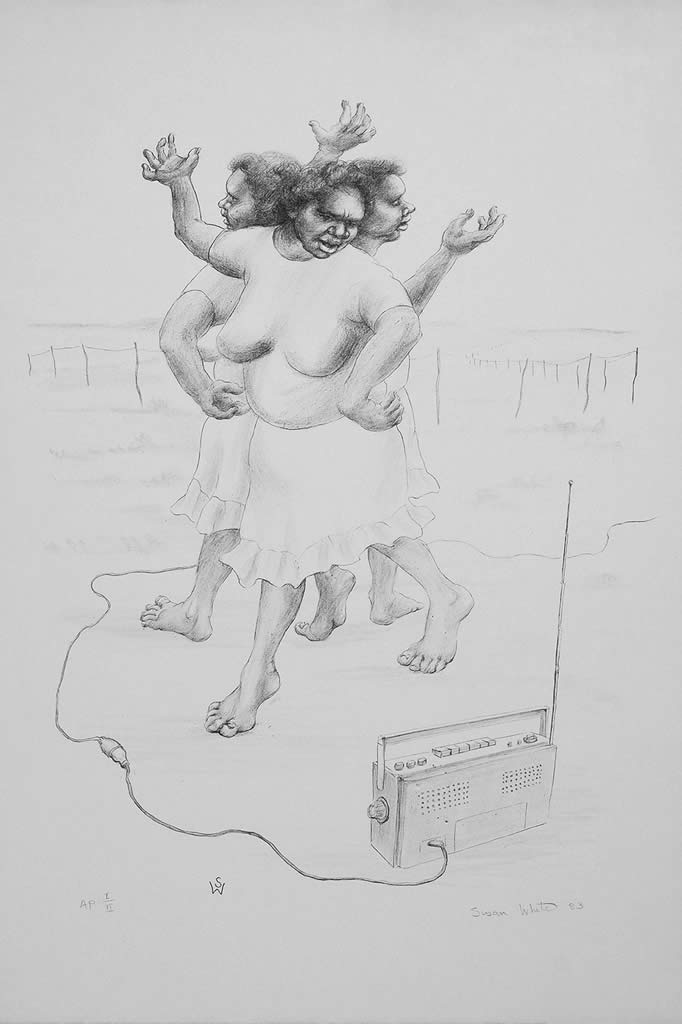
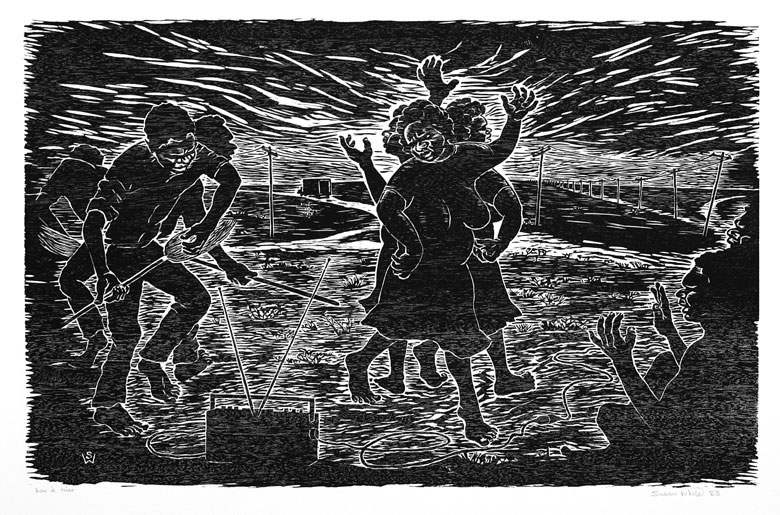
.jpg)
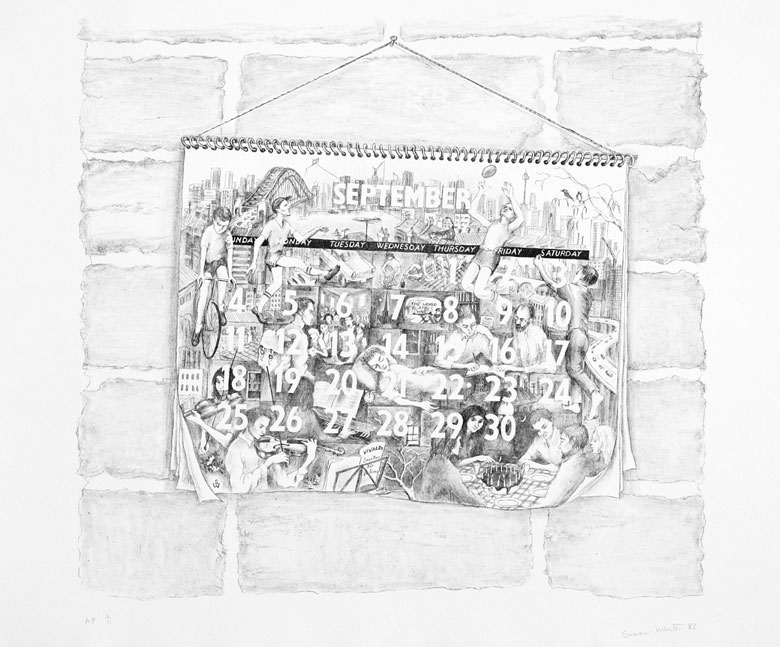
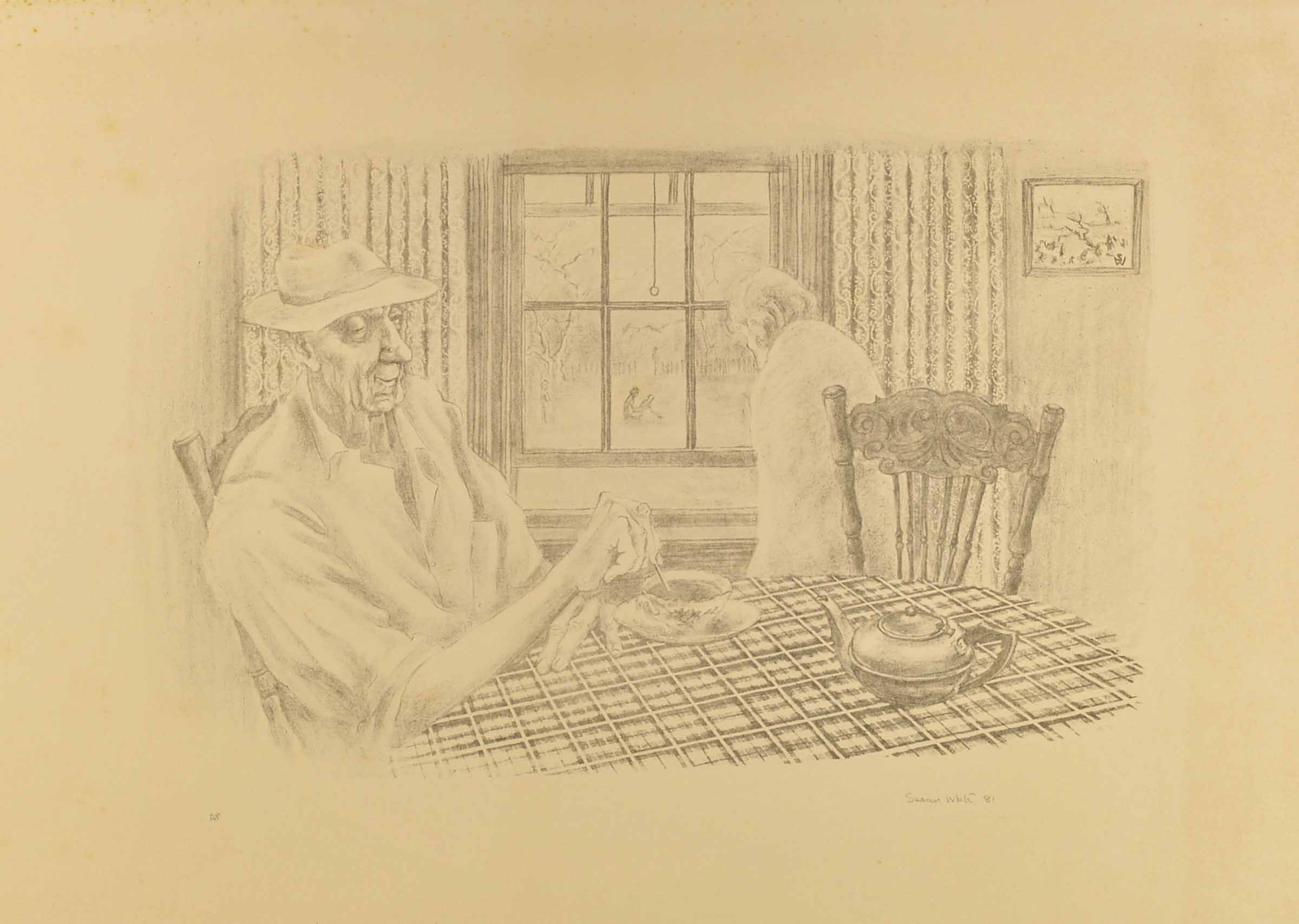

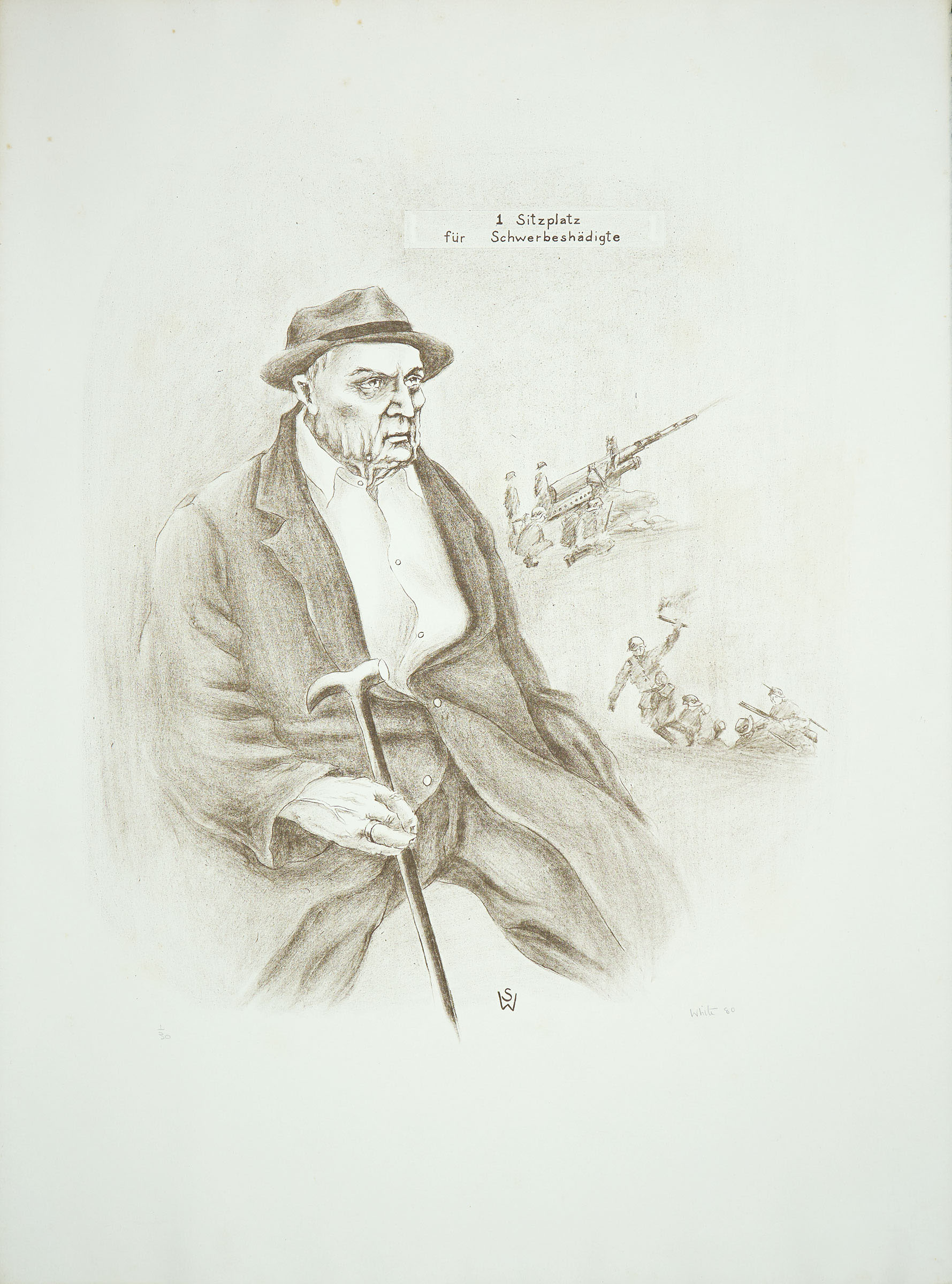
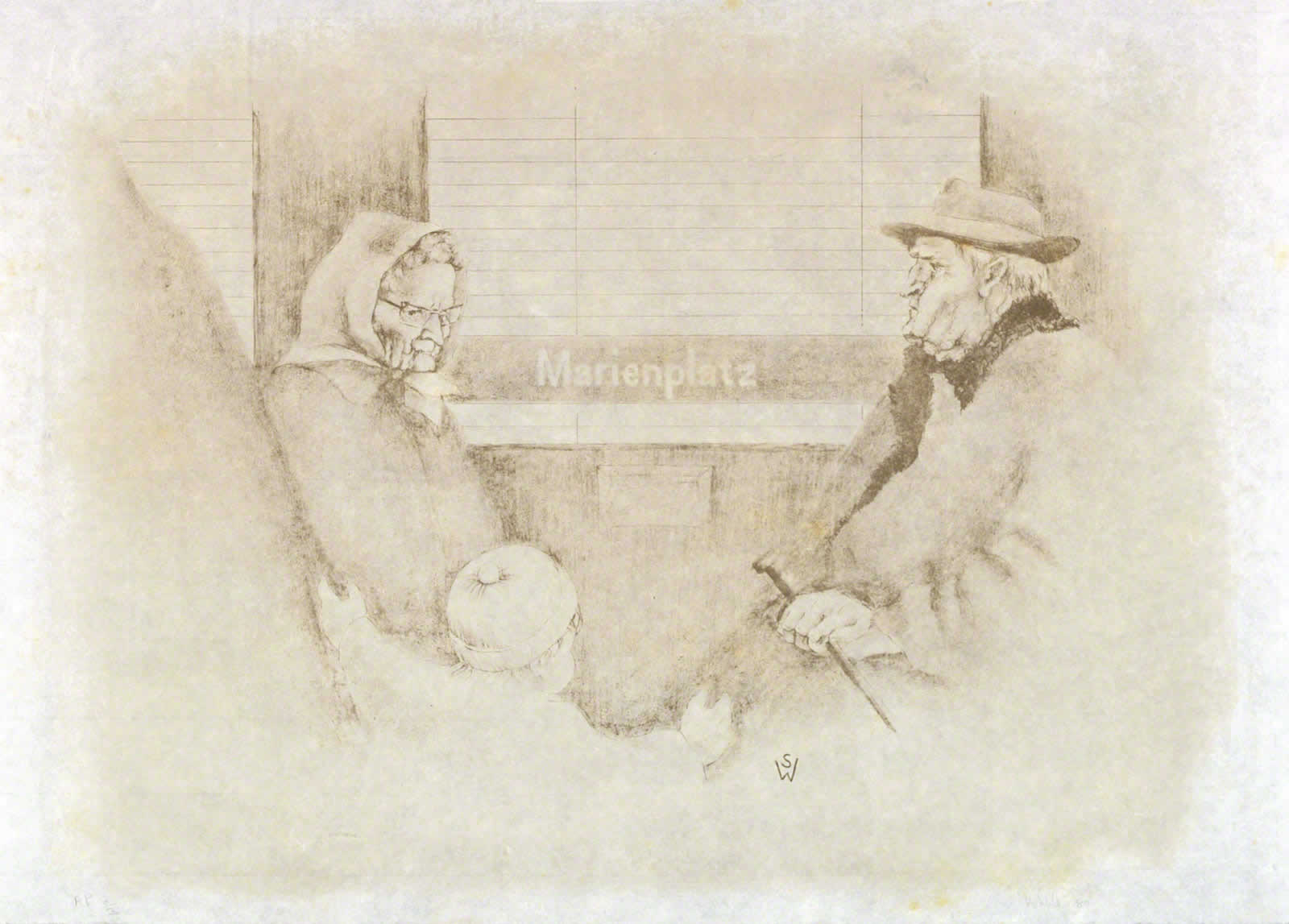
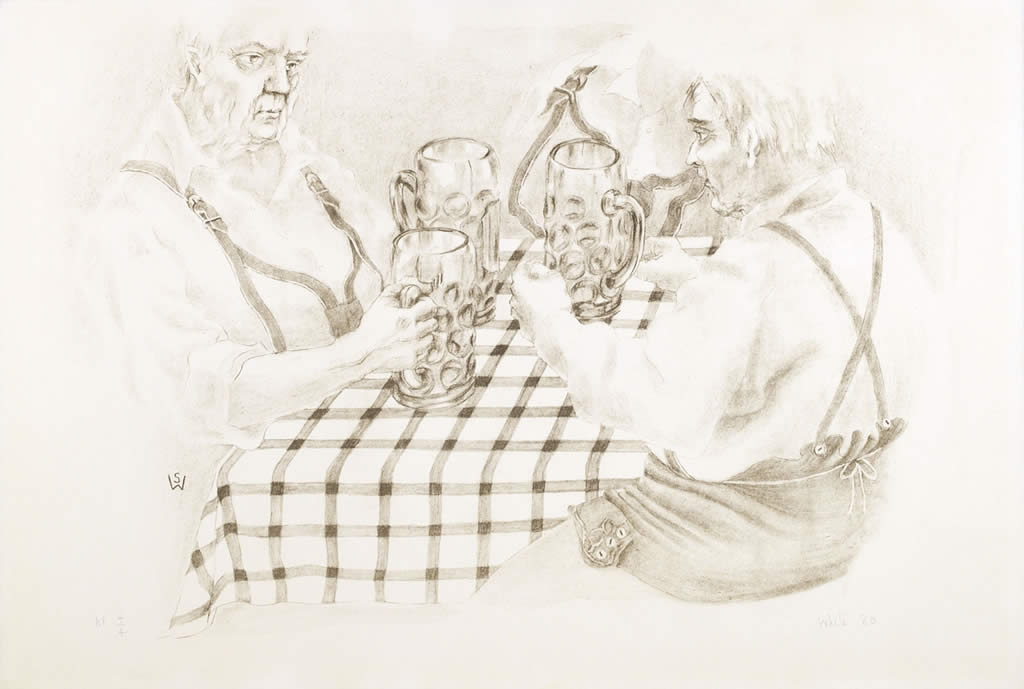
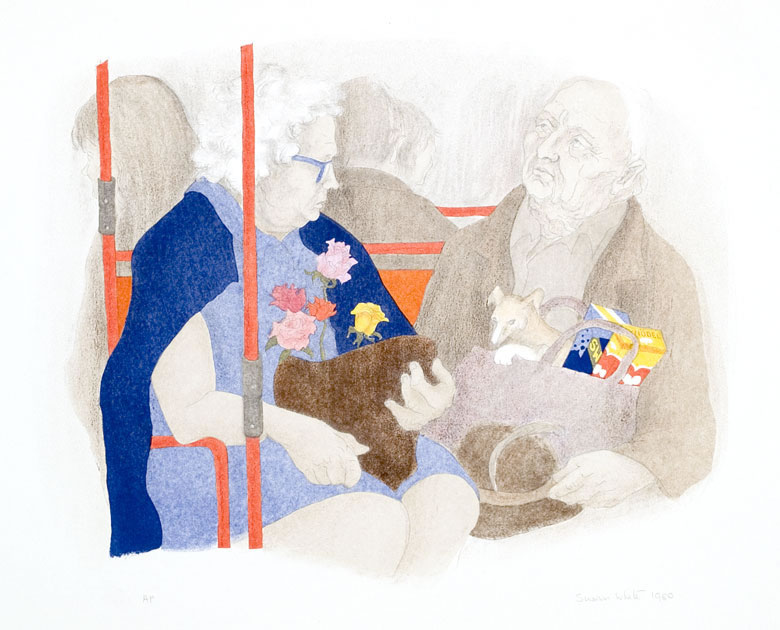
.jpg)
-No.-1.jpg)
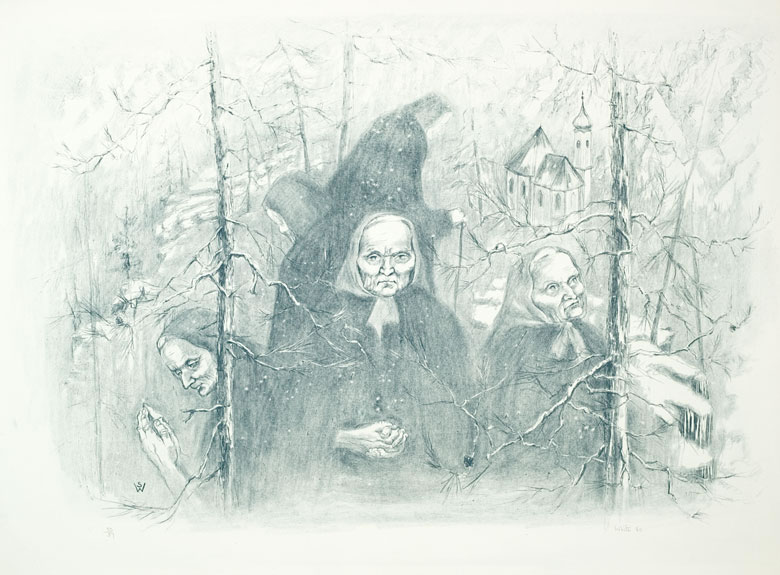
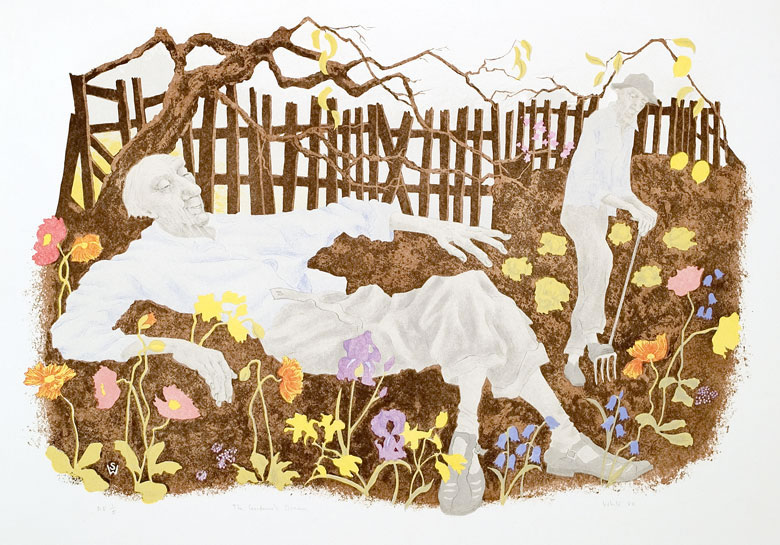
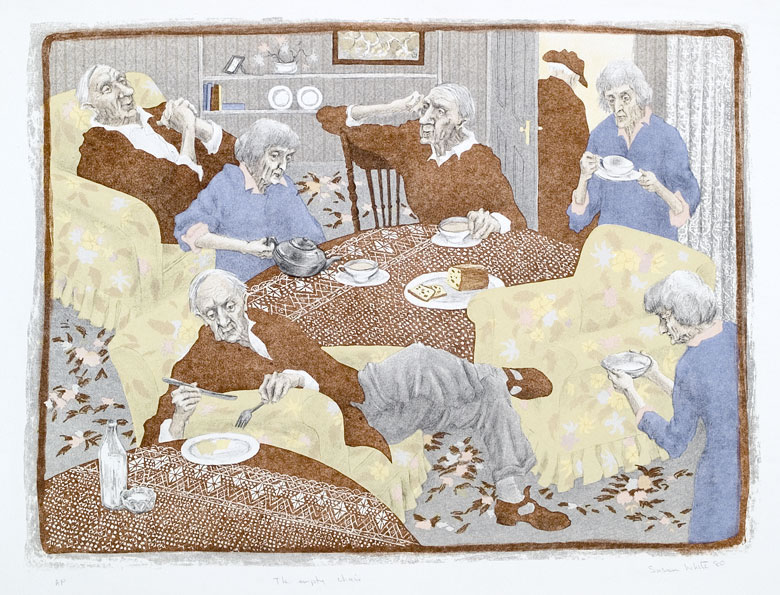
.jpg)
.jpg)
.jpg)
.jpg)
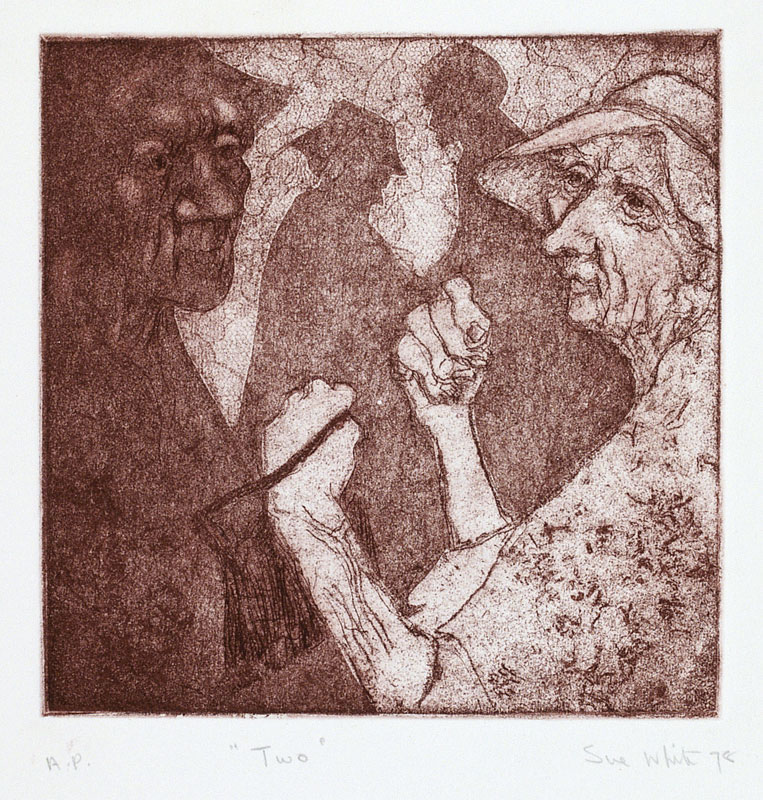
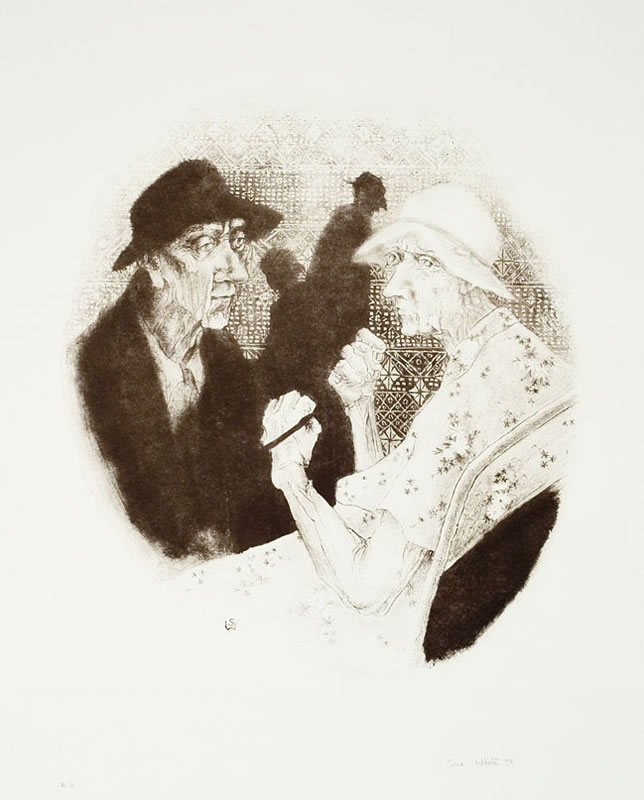
.jpeg)
.jpeg)
